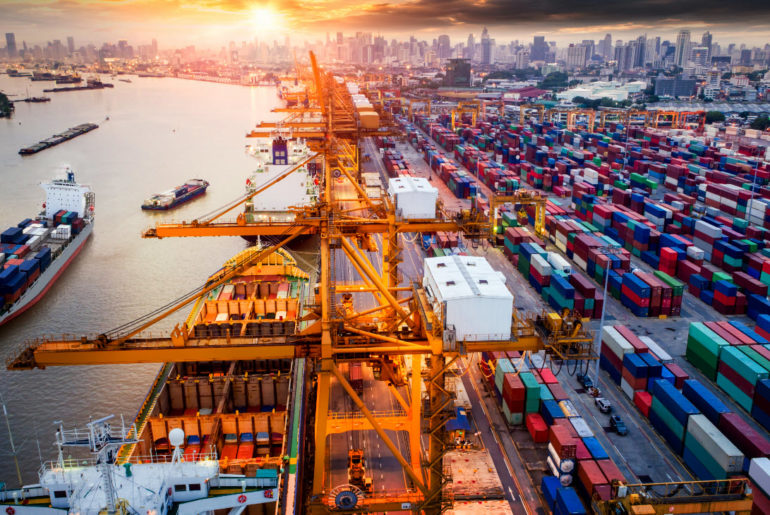On 15 February 2023, the World Customs Organization hosted a Symposium on E-Commerce and Customs Valuation. Several key challenges were identified: the fragmentation in the system due to data overload from low level shipments; the consequent shortfalls within data systems and processing; and compliance and enforcement challenges. The sessions provided a high level overview from the WCO and World Trade Organization of the current scope of challenges and questions to consider, and featured substantive presentations on the challenges faced by national Customs Authorities with input from the private sector in navigating the rapidly growing cross-border e-commerce trade.
In the latest episode of Baker McKenzie’s global financial institutions industry podcast, Jonathan Peddie and Amy Greer go through the findings relevant for financial institutions from Baker McKenzie’s report The Year Ahead: Global Disputes Forecast 2023. The episode examines the expected types of disputes and the external risks for disputes throughout the rest of the year.
The Financial Services Regulatory (FSR) Momentum Monitor is a horizon-scanning tool enabling financial service providers to plan and prepare for coming developments across the jurisdictions in which they operate. Grouping upcoming changes into key business-relevant themes, the FSR Momentum Monitor highlights the extent and expected impact of upcoming regulatory intervention in multiple jurisdictions across the globe.
Baker McKenzie’s Sanctions Blog published the alert titled Sanctions Enforcement Around the G7: Intro to Blog Series and View from the United States on 28 February 2023. Read the article via the link here. Please also visit our Sanctions Blog for the most recent updates.
Inclusion, Diversity & Equity (ID&E) remains at the center of our continuous learning and organizational improvements, and in how we organize the full participation of our people and our clients. This continues to be reflected through how we have broadened the conversation to include ‘equity’ – when everyone gets what they need. This year we will go back to basics, exploring terminology and language, understanding our changing demographics and the impact on the world of work, with a focus on embedding inclusion through organizational change.
Baker McKenzie’s Sanctions Blog published the alert Webinar: Key lessons from the Russia/Ukraine crisis: Preparing for the next geopolitical event on 22 February 2023. Read the article via the link here. Please also visit our Sanctions Blog for the most recent updates.
In its efforts to continue to promote fair tax competition and address harmful tax practices, the European Council decided on 14 February 2023 to add the British Virgin Islands, Russia, Costa Rica and the Marshall Islands to the EU list of non-cooperative jurisdictions for tax purposes or “blacklist”. Now is the time for multinational enterprises and investment funds with subsidiaries or investors in these jurisdictions to consider the potential tax implications of this development on their structures.
In this virtual event, Baker McKenzie lawyers shared their views and covered topics on how companies can protect their digital property, how digital solutions can be safely utilized and the regulatory implications of data usage for a business. Guest speakers also discussed considerations on how they are dealing with an ever-evolving digital environment and the regulatory implications to consider when organizations adapt new technologies and manage data usage.
A remarkable recent trend in trade policy is the pivot of countries towards issue-specific trade agreements. On the heels of standalone regional or bilateral digital trade agreements, countries are now exploring raw material access as the new frontier for bilateral trade cooperation – often in the context of the green transition.
Now may be a good time for multinational enterprises with subsidiaries in low or no tax jurisdictions to consider the amount of economic substance they have in these jurisdictions: to ensure compliance with economic substance rules, generally enacted from 2019 onwards, largely in response to the requirements of the OECD Forum on Harmful Tax Practices and the EU Code of Conduct Group; and to alleviate the impact of the Pillar 2 rules, which will begin to apply from 1 January 2024, multinational groups should consider substance for the “Substance-based Income Exclusion”.



